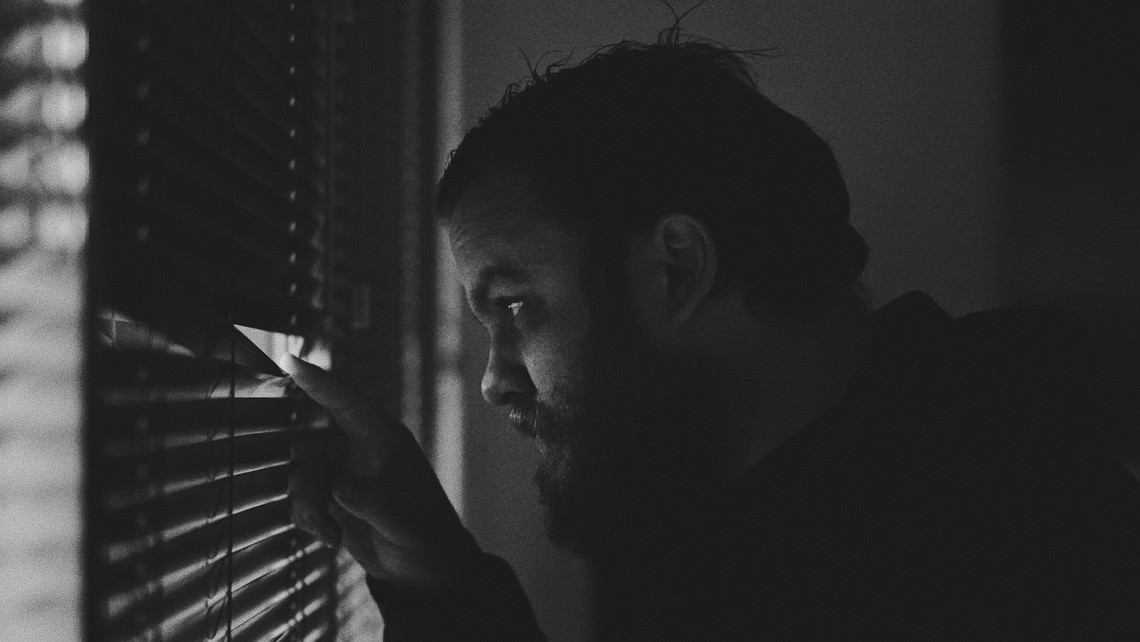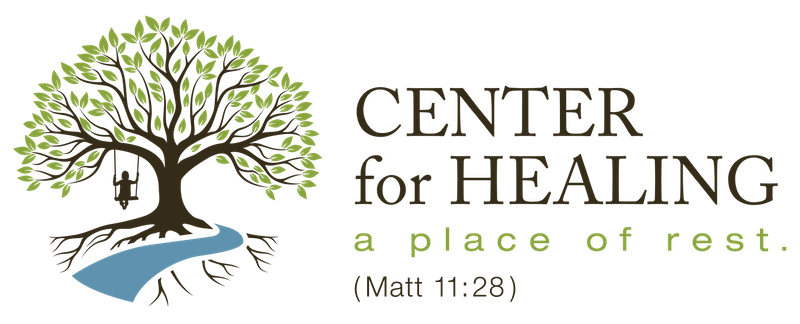
One of my favorite assignments in graduate school was writing a paper on my cultural background and how this might affect my approach as a counselor. I’ve always enjoyed history and exploring dynamics common amongst other Irish Catholic families was eye-opening for me both professionally and personally. One dynamic I related to was the Irish perspective that one’s personal struggles and hardships should be kept to oneself, or at the very least contained within one’s immediate family and not spoken about openly. A question frequently asked in Irish homes when any personal struggle arises is “What will the neighbors think?” (Monica McGoldrick, Irish Families in America) This mentality led many Irish to suffer in silence and to believe that talking about one’s struggles would bring shame upon their family name. Realizing that generations of Irish families have operated with this perspective made me realize just how much I had also been influenced by this aspect of my heritage. In my immediate family, I heard this expressed through one of my mom’s favorite sayings, “Never write anything down you don’t want printed on the front page of a newspaper.” To me, this meant that even my personal written thoughts should be censored to ensure they would not lead the general public to think negatively of me or my family.
When I began counseling others, I quickly realized that this concern about what others might think is not limited to those of Irish descent, but a common theme among people from a wide-range of religious, ethnic, and socioeconomic backgrounds. For many of my clients, simply scheduling an initial therapy appointment can trigger feelings of guilt and shame because it is an admission that there is a struggle and a decision to share that struggle with someone outside of their immediate family. Then, throughout the therapy process, it can be very difficult for many to be candid about painful experiences in their lives, especially when these involve their family or trusted community members. Clients may describe a negative experience with a parent, but buffer it with comments such as “But I know they still loved me” or “But he/she was a really good dad/mom.” Although it is difficult, I encourage clients to see that a part of living authentically is honestly acknowledging the joys and sorrows of one’s past experiences, even if this includes identifying unhealthy dynamics or experiences within one’s own family or community. To share these experiences with the intention of healing or within counseling is not gossip or merely blaming others, but a way to further understand oneself and begin healing from past wounds.
Jay Stringer writes about how to maintain both honor and honesty when sharing one’s personal and family history within the process of healing. He also noticed that most of his clients were “naturally bent, to some degree, to be dishonest about what they have experienced in their families. They favor a type of pseudo-honor and present a rosier picture to themselves and others.” (Unwanted, p. 23). Stringer reflects on the countless examples of sin and struggle written about the families within the Old Testament. Family stories that contain shame and fear among accounts of abuse, infidelity, manipulation, drunkenness, and many more. Yet, we also read accounts of redemption, healing, mercy, and love from these same families. The writers of the Old Testament were divinely inspired to show authentic life and healing by including both the joys and the sorrows of the first families. Through their examples, we learn that acknowledging our own struggles or shortcomings and how we have been affected by the shortcomings of others, is a vital step in inviting the Lord’s healing presence. Scripture continues to give us hope that we can share the truth of our experiences and relationships, without dishonoring others, and move forward in authentic freedom.
Peace,
Mary Rhea MA, LPC



